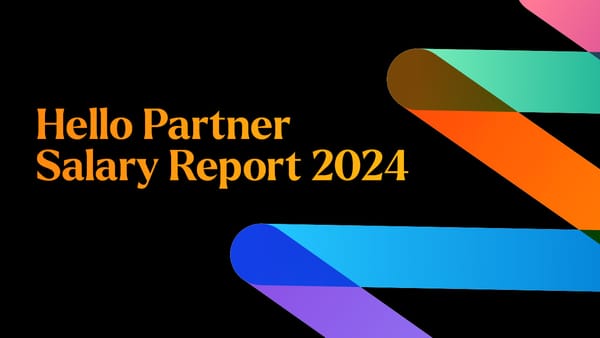We’ve all heard it a million times – big browser changes are happening right now, which will effectively wipe out third-party cookies by the end of 2024. Firefox already limits cookies to first-party cookies and precludes third-party cookies. Safari has blocks on third-party cookies and even some restrictions on first-party cookies. Google Chrome, which accounts for 65-70% of the market share for browsers, does currently accept third-party cookies but states that it will stop them sometime next year.
The problem here is that over half (51%) of UK affiliate marketers are still relying on third-party cookies for their tracking.
A large part of affiliate marketing is ‘tracking’. It helps marketers work out how an action or sale has occurred, which publishers drove it, and who needs to be paid a commission for certain actions. If you cannot accurately track the customer journey to attribute this commission, because you are using third-party cookies and these have become blocked, then you cannot accurately pay your publishers. You risk losing both marketing dollars and key insights into the performance of your publishers, and the journeys of your customers.
So, how can you prepare for this?
Hello Partner and Partnerize came together for a special webinar that looks at best practices for future-proofing your tracking so that you can get ahead of the curve and find yourself plain-sailing through the ‘cookie-apocalypse’ when it comes. Moderator Ernie Collings, Senior Product Manager at Partnerize, was joined by Steven Brown, Founder and Chief Executive at Moonpull, and Sam Coleman, Affiliate Marketing Manager at Buyagift.
We’ve attached the full webinar below and also gathered some of the key takeaways from the discussion.
It’s not the end of the world
Collings reassures that there are ways around cookie deprecation and Apple’s Intelligent Tracking Prevention. Referring to Apple’s upcoming iOS 17 bombshell, he says, “We've done some significant testing to see how it affects Partnerize and, as of today, we can confirm that it doesn't affect any of the Partnerize tracking, nor does it affect any of the tracking parameters that Partnerize uses.”
Similar statements have been made by other major networks in the affiliate space.
Partnerize itself uses the ‘Partnerize tag’, which leverages first-party cookies and local storage. There is also the server-to-server method.
There are numerous ways to work past these restrictions and ensure that your tracking is both privacy-first and accurate in the future.
Communicate, communicate, communicate
All three members of the panel agreed that it is essential to make sure your partner marketing tracking strategy is something that is planned out and shared across multiple departments in any given business.
Brown emphasises that people within the company need to understand affiliate marketing, its value, and how it works. Coleman also advises having high-level conversations across the whole company, looping in senior leadership and various teams, so that when problems do arise, there will be more eyes on them.
Communication with your tech team is very significant, as they can assist with the implementation of a new tracking solution.
“Tracking is as much of an art as it is a science.”
The quote above comes from Brown. He reminds us that tracking is not all about sterile systems and cold technology. Humans are responsible for its upkeep too. And it’s not just the networks’ job. “If publishers are going to add links to an article, they also have a responsibility to audit their supply chain,” Brown says, “They should check links before promoting them to check that they will earn the commission.”
Watch the full webinar below for a more in-depth look at future-proofing your partner marketing strategies from our wonderful panel.









